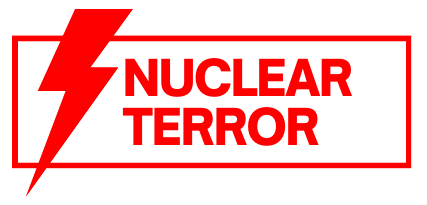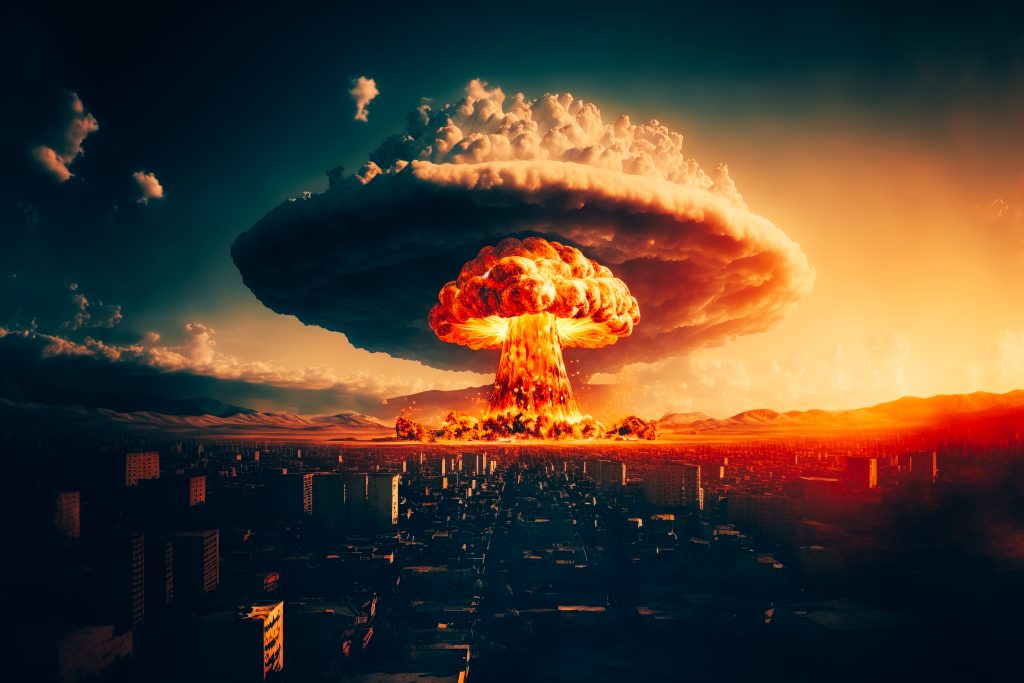Are you ready to embark on a journey into the realm of global security, where power and threat collide like the clash of tectonic plates? Hold on tight as we delve into the world of nuclear weapons and explore the five states that possess these formidable tools of destruction. From the superpowers of the United States and Russia to the nuclear-armed nations of China, France, and the United Kingdom, we will uncover the secrets and strategies behind their nuclear arsenals. But that’s not all – we’ll also uncover the hidden players, those states suspected of possessing nuclear weapons without public acknowledgment. So, buckle up and prepare to unravel the complexities of these nuclear-armed states, for within lies the key to understanding the delicate balance of global security.
Nuclear Nonproliferation Treaty (NPT) and Non-Signatory States
The Nuclear Nonproliferation Treaty (NPT) aims to prevent the proliferation of nuclear weapons, but several countries, including India, Israel, Pakistan, North Korea, Iran, and Libya, have either never signed or violated the treaty. These non-NPT states pose significant challenges to the global nonproliferation efforts. Nuclear-armed countries that are non-signatories to the NPT undermine the goals of nuclear disarmament and nonproliferation. Their possession of nuclear weapons without being bound by treaty obligations raises concerns about the potential for further proliferation.
NPT violations by non-signatory countries further exacerbate the issue. North Korea, for example, withdrew from the NPT in 2003 and has since conducted multiple nuclear tests, heightening tensions in the region. Iran has violated the NPT through its secret nuclear activities, including the accumulation of enriched uranium. Libya, although it voluntarily renounced its secret nuclear weapons efforts, had previously violated the treaty.
The NPT plays a crucial role in global security by promoting disarmament and preventing the spread of nuclear weapons. Non-signatory countries and NPT violations undermine the effectiveness of the treaty, jeopardizing international efforts to maintain peace and stability. It is essential to address the importance of the NPT and encourage non-NPT states to join the treaty and comply with its provisions. By strengthening the NPT regime and promoting dialogue and cooperation, we can strive for a world free from the threat of nuclear weapons.
Bilateral Arms Control Agreements and Stockpile Limits
To further explore the topic of nuclear nonproliferation and the challenges posed by non-NPT states, let’s now turn our attention to the subtopic of Bilateral Arms Control Agreements and Stockpile Limits. In the pursuit of nuclear disarmament and reduction of nuclear weapons, countries have engaged in bilateral arms control agreements to establish limits on their strategic warheads and facilitate stockpile reductions. One such agreement is the New START agreement, which sets a limit of 1,550 strategic warheads for both the United States and Russia. Through this agreement, the United States currently deploys 1,419 strategic warheads, while Russia deploys 1,549. Both countries have committed to adhering to the New START limits until 2026. Bilateral arms control agreements like the New START play a crucial role in promoting transparency, trust, and stability between nuclear-armed states. They provide a framework for managing and reducing nuclear stockpiles, ensuring that the risks of nuclear weapons proliferation are minimized. By maintaining and strengthening these agreements, countries can continue to work towards the ultimate goal of a world free from the threat of nuclear weapons.
Non-Strategic Nuclear Warheads and Missile Systems
Non-strategic nuclear warheads and missile systems play a crucial role in shaping the military capabilities and strategies of nuclear-armed states. These non-strategic warheads are shorter-range, lower-yield weapons that are designed for use in regional conflicts or specific tactical situations. Missile systems development is closely tied to the advancement of non-strategic nuclear capabilities, as these warheads require reliable and accurate delivery systems.
To illustrate the significance of non-strategic nuclear warheads and missile systems, consider the following table:
| Nuclear-Armed State | Non-Strategic Nuclear Warheads | Ballistic Missile Capabilities |
|---|---|---|
| United States | Multiple types and quantities | Extensive arsenal and advanced missile technology |
| Russia | Diverse range of warheads | Extensive missile capabilities and advanced systems |
| China | Growing stockpile | Increasing missile development and deployment |
| France | Limited number of warheads | Advanced missile systems |
| United Kingdom | Relatively small arsenal | Advanced missile capabilities |
The development and deployment of non-strategic nuclear warheads and missile systems have significant regional security implications. These capabilities can shape deterrence strategies and affect the balance of power in specific regions. The possession of these weapons can create concerns among neighboring states and potentially escalate conflicts.
Five Officially Recognized Nuclear-Weapon States (NWS)
The Five Officially Recognized Nuclear-Weapon States (NWS) include China, France, Russia, the United Kingdom, and the United States. These states have significant nuclear capabilities and play a crucial role in global security. As NWS, they have certain obligations and responsibilities. They are committed to the total elimination of nuclear arsenals, although progress towards this goal has been limited. NWS have made some disarmament efforts, such as bilateral arms control agreements and limiting the number of strategic warheads. Verification measures are in place to ensure compliance with these agreements. However, it is important to note that the exact number of nuclear warheads possessed by each NWS may vary. The impact of NWS on global security cannot be underestimated, as their possession of nuclear weapons has a significant deterrent effect. Efforts to prevent the further spread of nuclear weapons and promote non-proliferation are crucial. NWS must continue to fulfill their obligations, enhance disarmament efforts, and strengthen verification measures to maintain global security and prevent the use of nuclear weapons.
Non-NPT Nuclear Weapons Possessors
India, Pakistan, and Israel possess nuclear weapons outside of the Nuclear Nonproliferation Treaty (NPT). These non-NPT states have not signed the treaty and are not bound by its obligations regarding nuclear disarmament commitments. While the total number of nuclear warheads possessed by these non-signatory states is unknown, it is believed that India possesses up to 164 nuclear warheads, Pakistan has approximately 170, and Israel is estimated to have 90.
| Non-NPT Nuclear Weapons Possessors | Nuclear Warhead Possession |
|---|---|
| India | Up to 164 warheads |
| Pakistan | Approximately 170 warheads |
| Israel | Estimated 90 warheads |
These non-NPT states have developed their own nuclear weapons capabilities and have demonstrated their nuclear weapon capabilities through testing. India conducted a nuclear explosive device test in 1974, while Pakistan and Israel have never joined the NPT. As non-NPT states, they are not bound by the treaty’s obligations and are not subject to the same level of scrutiny and limitations as the NPT signatory states. This raises concerns about the potential for nuclear proliferation and highlights the importance of international efforts to prevent the further spread of nuclear weapons.
Additional Information on Nuclear Warhead Possession
What is the additional information on the possession of nuclear warheads by non-NPT states?
- Nuclear warhead possession: Non-NPT states such as India, Pakistan, Israel, North Korea, and Iran are believed to possess nuclear weapons.
- Nuclear breakout concerns: Iran reached the verge of nuclear breakout in 2023, raising concerns about its nuclear weapons ambitions.
- Ambiguity in nuclear weapons program: Israel maintains a policy of ambiguity regarding its nuclear weapons program, neither confirming nor denying their existence.
- Former nuclear weapon states: South Africa, Belarus, and Kazakhstan are former nuclear weapon states that dismantled their nuclear programs and joined the Nuclear Non-Proliferation Treaty.
- Verge of nuclear breakout: North Korea, having withdrawn from the NPT, conducted multiple nuclear tests and continues to pursue nuclear weapons, raising concerns about its potential nuclear breakout.
These additional details highlight the complex landscape of nuclear warhead possession among non-NPT states. The concerns over nuclear breakout and ambiguity in nuclear weapons programs underscore the importance of non-proliferation efforts and the need for open dialogue and transparency in addressing these global challenges.
Importance of Nuclear Disarmament and Non-Proliferation Commitments
Nuclear disarmament and non-proliferation commitments play a crucial role in maintaining global security and preventing the further spread of nuclear weapons. These commitments are of utmost importance in addressing the nuclear threats faced by the international community. By preserving and complying with non-proliferation, disarmament, and arms control agreements, nations can work towards a world without nuclear weapons while ensuring the security of all states.
To understand the significance of these commitments, let’s take a look at the table below:
| Importance of Nuclear Disarmament and Non-Proliferation Commitments |
|---|
| – Maintains global security |
| – Prevents the further spread of nuclear weapons |
| – Addresses nuclear threats |
| – Ensures stability, predictability, and mutual understanding |
The table highlights the key aspects of the importance of nuclear disarmament and non-proliferation commitments. These commitments aim to strengthen national measures to prevent unauthorized or unintended use of nuclear weapons and create a security environment conducive to disarmament. It is essential to pursue diplomatic efforts and constructive dialogue with mutual respect, acknowledging each other’s security interests and concerns. By doing so, we can work towards a world free of nuclear weapons, while ensuring the security of all nations.


